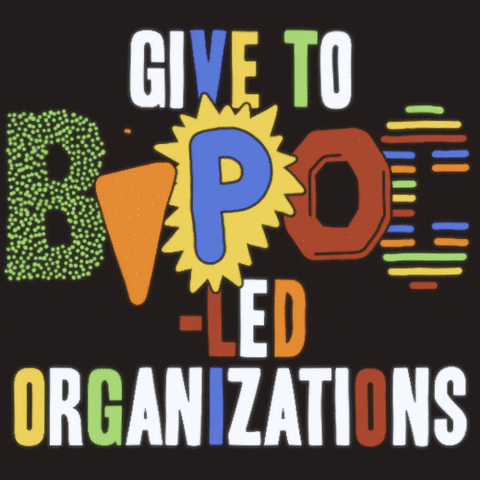FF News and Views – Oct 2022
October 2022, Volume 43, Number 162
From the Desk of Ellen W. Harris, DrPH
Ten years ago in October 2010, Karen Washington kicked off the 4 th Annual Food Sovereignty Prize ceremony by stating “Hunger is not a question of production, it’s a question of justice, democracy and political will,”. While certain demographics may have changed or shifted here and there over time, this worldwide paradigm sadly remains the same. Our News and Views, October 2022 newsletter highlights the intersection between food justice, sovereignty, food insecurity and hunger.
The recently held White House Conference on Food, Nutrition, and Health launched an ambitious national strategy to end hunger by 2030. We remain hopeful that many of the actions proposed will result in significant outcomes as did the first conference held in 1969. However, at the same time, we remain mindful of the major food crisis in East Africa as featured in the September 2022 Joint FAO/WFP UN report, Food crisis tightens its grip on 19 ‘hunger hotspots’ as famine looms in the Horn of Africa – new report. Political conflict, climate, environment, after effects of the pandemic, and the war in Ukraine, continue to exacerbate food insecurity in the region as well as other parts of the world.

In the spirit of striving to look and move forward, Food First supports access to food as a human right; revolutionary, sustainable practices to end hunger; the UN 17 Sustainable Development Goals (SDGs); and all efforts to create equitable and just food systems.
Best Regards,
Ellen
White House Conference on Hunger, Nutrition and Health
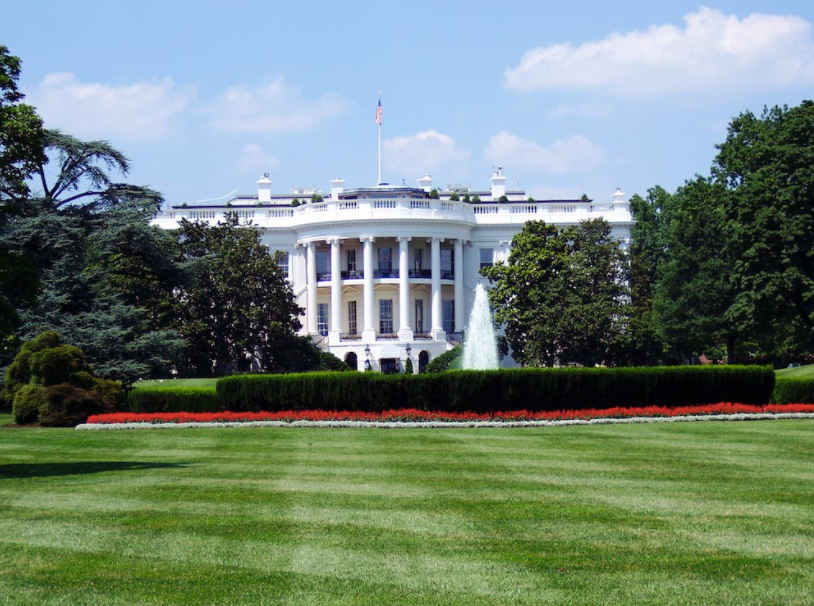
It’s been more than 50 years since the first and only White House Conference on Food, Nutrition, and Health was held in 1969. That pivotal event helped galvanize actions that included the creation of life changing programs such as the Special Supplemental Nutrition Program for Women, Infants, and the Children WIC program.
At this year’s conference, Biden announced enhancements to these programs and discussed funding pilot programs aimed at reducing levels of poverty, hunger, and prevention of diet-related diseases. The federal roadmap is an ongoing effort to End Hunger by 2030. Congress leaders are actively working with the public and private sectors to coordinate strategies that accelerate progress and drive transformative change in the agriculture and healthcare sector, which are the foundations of a thriving economy. We need massive support for farmers, health care workers, and communities suffering from food insecurity.
By supporting and informing social movements around these topics, Food First takes part in building the social power of farmers, workers, and communities to make policies and demands for a better world possible. We need to keep the momentum going and work with others to pass legislation that builds a more equitable food system.
You can access replays of the conference here: https://www.youtube.com/watch?v=Xfp9Cn5A5Mc
Spotlight Report: Politics of Knowledge for Farmers Around the Globe
By the Future of Food. Republished with permission.
The Global Alliance for the Future of Food provides revolutionary case studies highlighting the sustainable practices farmers are using to fortify soils, improve crop yields, and promote proper health and nutrition. In a new compendium, they provide expertise from lived experience, case studies, scientific analyses, and peer-reviewed literature to share best practices to transform our food systems.
Read the full article: https://story.futureoffood.org/the-politics-of-knowledge/

Spotlight Report: Politics of Knowledge for Farmers Around the Globe
The 2030 Agenda for Sustainable Development provides a shared blueprint for peace and prosperity for people and the planet, now and into the future. At its heart are the 17 Sustainable Development Goals (SDGs), which are an urgent call for action by all countries – developed and developing – in a global partnership. They recognize that ending poverty and hunger must go hand-in-hand with strategies that improve health and education, reduce inequality, and spur economic growth – all while tackling climate change.
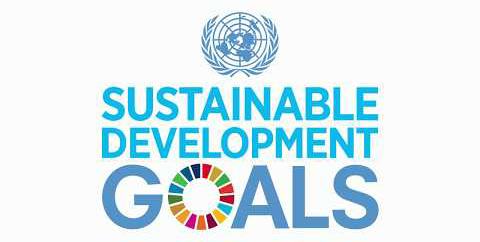
- Watch the video: https://www.youtube.com/watch?v=0XTBYMfZyrM
- View the Agenda: https://sdgs.un.org/2030agenda/
- Division for Sustainable Development Goals (DSDG): https://sdgs.un.org/about/
- United Nations Department of Economic and Social Affairs (UNDESA): https://www.un.org/en/desa/
The Division for Sustainable Development Goals (DSDG) in the United Nations Department of Economic and Social Affairs (UNDESA) provides substantive support and capacity-building for the SDGs and their related thematic issues, including water, energy, climate, urbanization, transport, science and technology, and partnerships.
In order to make the 2030 Agenda a reality, ownership of the SDGs must translate into a strong commitment by all stakeholders to implement the global goals. The UN has highlighted 17 areas where you can start to make an impact.
Check out ways you can help support the SDGs: https://sdgs.un.org/goals#icons
Thought-Provoking Articles on the Convergence of Food Security and Hunger
- The United States Can End Hunger and Food Insecurity for Millions of People
- The United States Publishes Food Security Action Report
- White House Conference Recap
- Biden Announces Plans to Tackle Food Insecurity
- Food Crisis Tightens its Grip on 19 ‘Hunger Hotspots’ as Famine Looms in the Horn of Africa
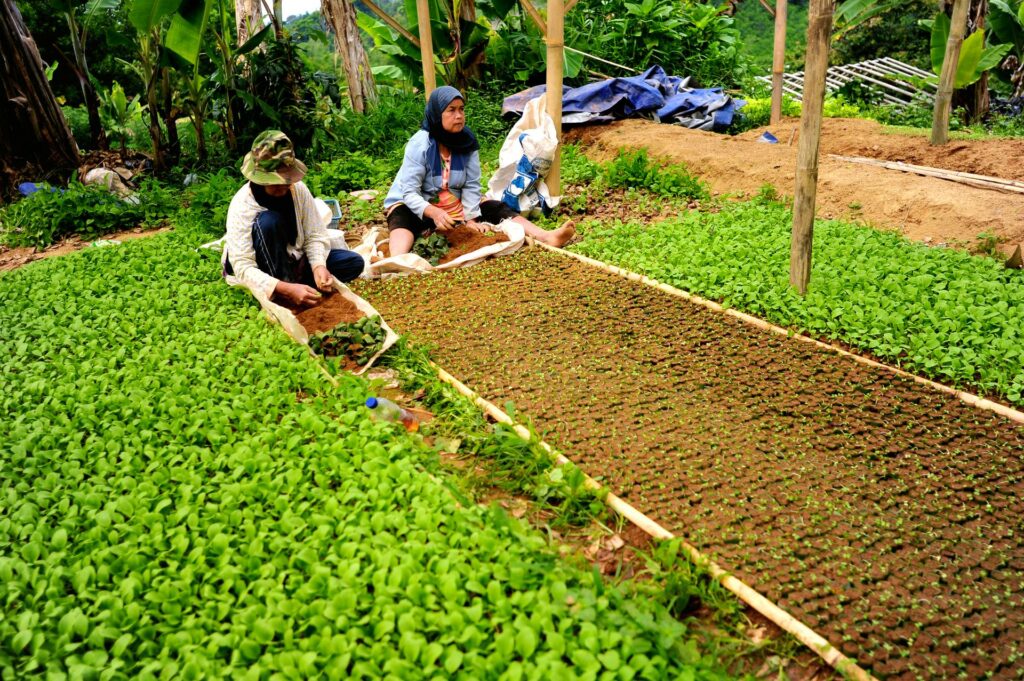
Upcoming Events
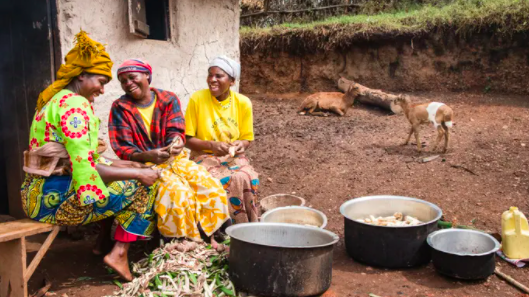
Food Week of Action
Join us in building more equitable and ecological food & farm systems! Food Week of Action is a sponsored event with The US Food Sovereignty Alliance (USFSA), the Presbyterian Hunger Program and dozens of other organizations working to end hunger and poverty, and build more just food systems everywhere.
You can join by contributing research, advocating, and fundraising within your community. Ready to get involved? Check out Food Week’s map to see what events are going on in your area. Take action and don’t forget to share your progress using the #foodweek hashtag!
Register here: https://www.presbyterianmission.org/ministries/compassion-peace-justice/hunger/food-week-action-and-world-food-day/
Introducing Mentors for Food First Fellows 2022-2023
Martinique Mims mentored by Dr. Jasmine Ratliff
Dr. Jasmine Ratliff aka “Dr. Jas” is a Co-Director for the Black Food & Justice Alliance. She is an applied food systems research and policy-based specialist. She partners with academic research teams, anchor institutions, philanthropic foundations, and community-based organizations to identify root causes of and develop innovative solutions to food system challenges. Dr. Jas received her master’s degree in Community Planning from Auburn University and Ph.D. in Integrative Public Policy and Development from Tuskegee University. As a New Orleans native and farmer, she has developed a unique perspective when it comes to food and the effects that it has on communities. Dr. Jas believes that your zip code should not determine your life expectancy, and building relationships are essential to creating a sustainable and just food system.
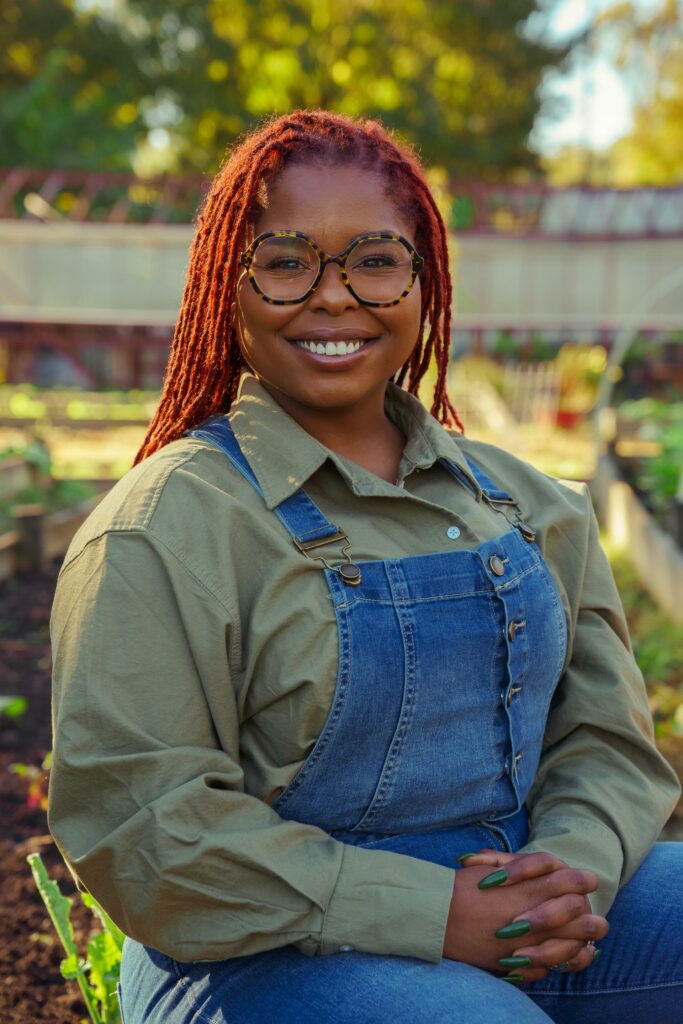
Shakara Tyler mentored by Dr. Gail Myers
Dr. Gail P. Myers is a Cultural Anthropologist, with a doctorate from Ohio State University (OSU). In 2000, while a student at the OSU, she organized the first statewide conference for African American Farmers, Sustaining Communities: African American Farmers at the Crossroads. In 2004, Dr. Myers co-founded Farms to Grow, Inc. in Oakland, CA to work in partnership with Black farmers and other farmers of color to sustain their farms. Dr. Gail works in collaboration with various grassroots and coalition based organizations locally and globally. In 2018, she received the Advocate for Social Justice Award “Justice” from the Eco-Farm Association. Currently, Dr. Myers is completing a documentary/multi-media project, “Rhythms of the Land,” to be released in 2022.
Learn more: https://www.rhythmsoftheland.com/
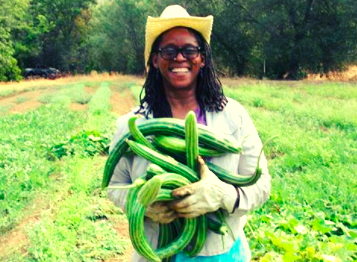
Robbie Pollard mentored by Dr. William Evans
Dr. William B. Evans has worked in horticulture and soil science for over thirty years. He earned a B.S. in Plant Science from Utah State University before earning an M.S. in Horticulture at Oklahoma State University. After earning a Crop Science degree at Michigan State University, he joined the staff at The Ohio State University where he ran a vegetable research station for several years. He then moved to Mississippi State University as a Research Scientist and Research Coordinator at one of the oldest vegetable research stations in the southeast. There he worked on organic and non-organic cropping systems, soil amendments, and cultivar trials. He established a high tunnel range and started the first certified organic research plots in the state. Recently, Dr. Evans has been the Director of Horticulture at Up in Farms in Jackson, Mississippi, where he built information systems and conducted grower trainings. Dr. Evans is consulting now and working for a biological amendment company that makes microbial products for soil and plant health.
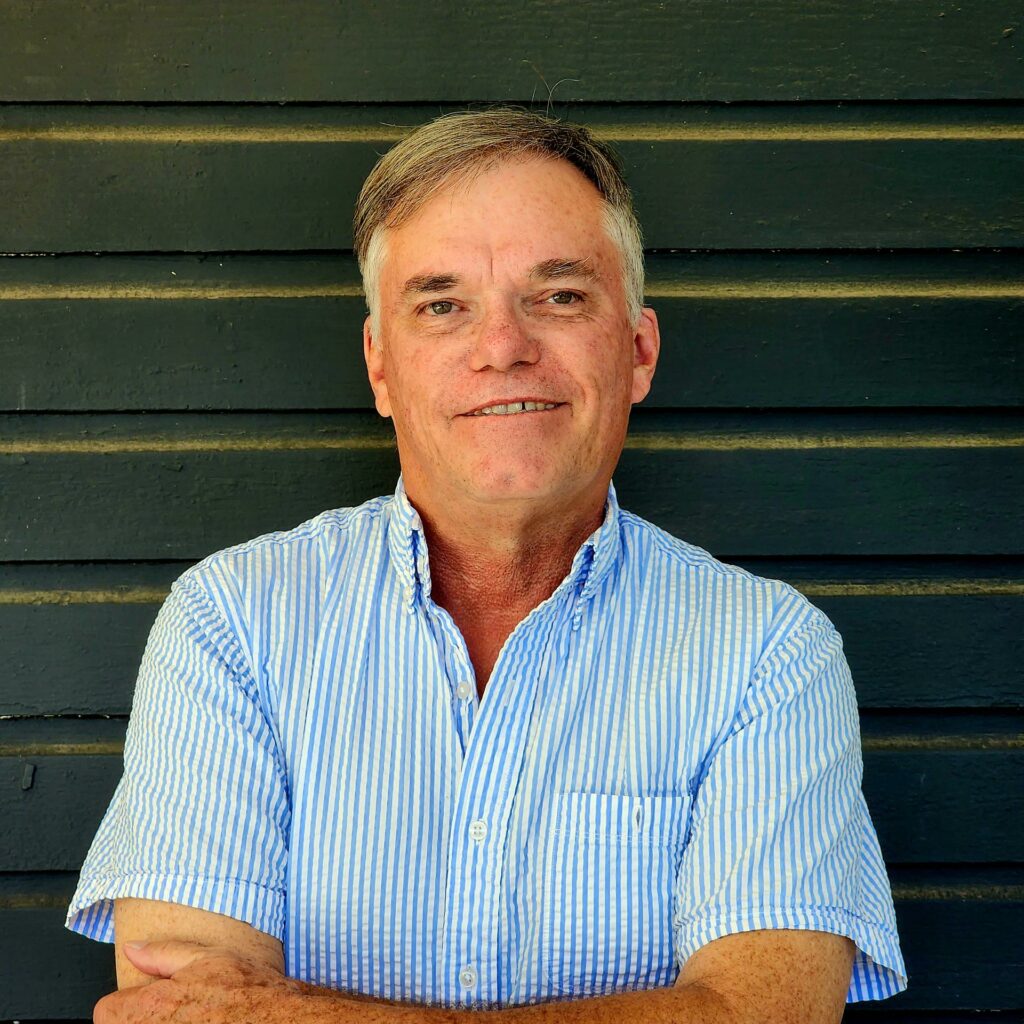
Meet Our Staff
Learn more about Food First’s Staff: https://foodfirst.org/about-us/
Support Food First
Food First’s work is made possible by a vast network of donors, supporters, and partners based in the US and globally. This support has allowed us to maintain the strong, critical, and independent voice Food First is known for. There are numerous ways to support Food First and we hope you will consider doing so!
Together, we are a powerful movement fighting for fairness, access, and affordability of nutritious food for everyone. Choose a way to support us below using the QR code or directly visiting our new website: https://foodfirst.org/support

